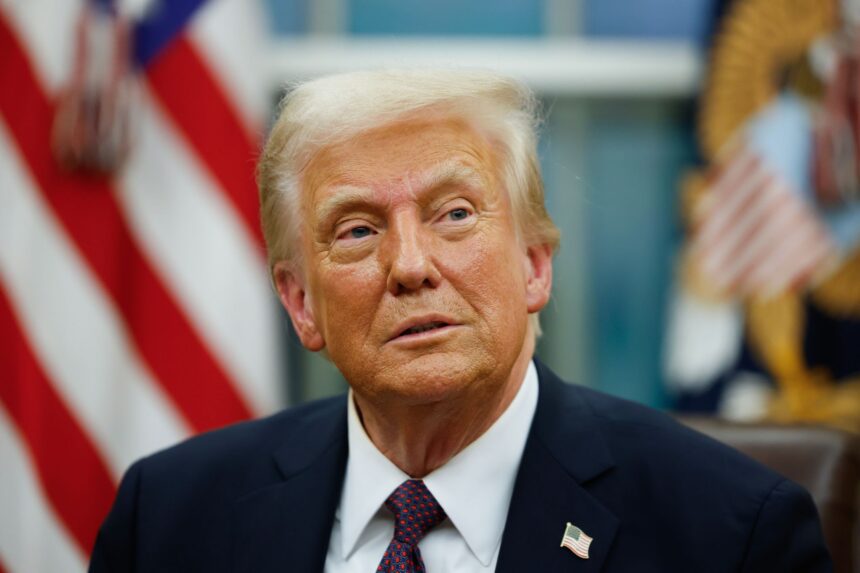In an unprecedented move, U.S. President Donald Trump has informed House Speaker Mike Johnson that he will not spend $4.9 billion in foreign aid approved by Congress, effectively slashing the budget without legislative approval.
Trump utilized a mechanism known as a “pocket rescission”, sending the request so late in the fiscal year that Congress has no time to act within the 45-day period, ensuring the funds remain unspent. This is the first use of this measure in nearly five decades, with the previous instance dating back to President Jimmy Carter in 1977.
“The funding will be reduced by the Department of State and the U.S. Agency for International Development (USAID),” stated the Office of Management and Budget (OMB).
The decision aligns with Trump’s broader policies to weaken federal agencies and limit Congressional power over spending. Secretary of State Marco Rubio confirmed on X (formerly Twitter) that USAID is in the process of being dismantled and praised OMB Director Russ Vought for managing the process.
The Impoundment Control Act of 1974 grants the president authority to propose rescinding funds approved by Congress. Congress may approve or reject within 45 days, but by timing the proposal near September 30, the administration ensures the funds will expire without being spent.
Trump’s rescission has already triggered opposition in the Senate over its legality. Senator Susan Collins stated that the Constitution gives Congress authority over budgetary power, calling the move a “clear violation of the law.” Senate Democratic Leader Chuck Schumer warned that the measure could undermine the normal funding process.
The blocked funds include:
- $3.2 billion for international development grants
- $520 million for the United Nations
- $838 million for international peacekeeping operations
- $322 million to promote democratic values abroad
Earlier in July, Trump successfully secured $9 billion in rescissions, impacting public broadcasting and foreign aid funding. Since February, the administration has been implementing deep cuts in foreign aid, effectively dismantling USAID’s contracts and programs and placing remaining initiatives under the State Department’s control.
This historic pocket rescission is being closely monitored by both domestic and international observers, as it could reshape U.S. foreign aid and congressional budgetary authority.







